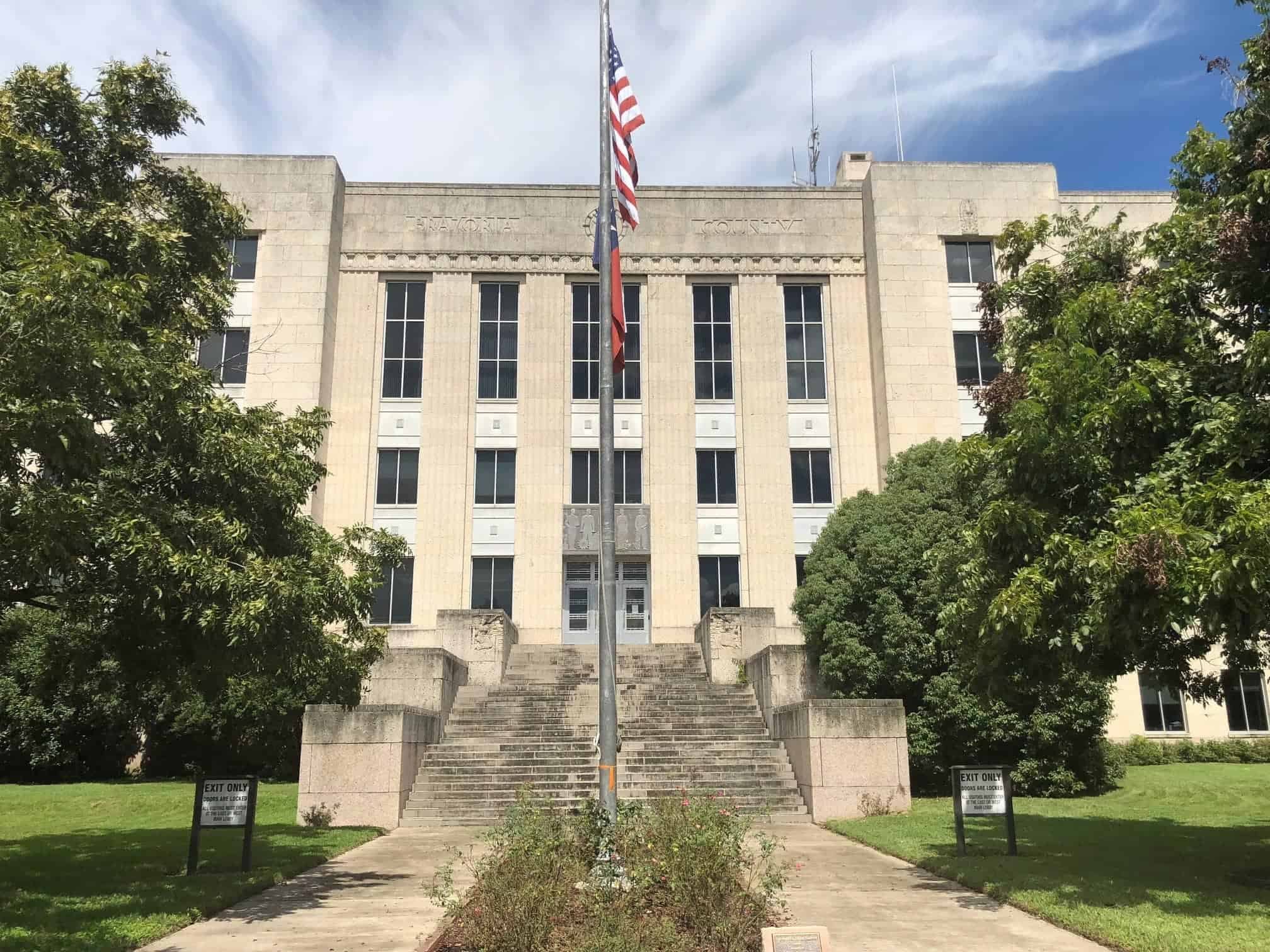A Triumph in the Courtroom: Securing Probation for a Client Facing 20 Years in Prison for Aggravated Assault With A Deadly Weapon
Podcast: Play in new window | Download
Subscribe Apple Podcasts | Spotify | Amazon Music | iHeartRadio | Email
Podcast: Play in new window | Download
Subscribe Apple Podcasts | Spotify | Amazon Music | iHeartRadio | Email
Introduction
In the realm of criminal defense, there are moments that define a person’s life when they are charged with a serious crime and how those moments can exemplify the power of a just legal system. Recently, the David Smith Law Firm, PLLC was entrusted as co-counsel to the Law Office of Lindsay Lopez with a challenging case where our client was charged with two counts of aggravated assault with a deadly weapon, and the state recommended a staggering 15-year sentence in prison before the commencement of trial. Once trial began, the full range of punishment was potentially available to the jury–up to 20 years in prison. Against the odds, we took the case to a jury trial, and the outcome was nothing short of remarkable. This blog post sheds light on the journey that led to our client’s victory – probation, not prison.
The Case Overview
Aggravated assault with a deadly weapon is a grave offense, and facing two such charges of this second-degree felony, with up to a 20-year prison sentence, is an intimidating prospect. In this case, our client found themselves in precisely this situation. The stakes were high, but we were determined to provide the best defense possible. At trial, the full range of punishment was available to the jury–up to 20 years in the Institutional Division of the Texas Department of Criminal Justice (AKA “prison”).
The Role of Diligent Preparation
Building the Defense: Preparation began with a meticulous examination of the evidence and a review of the statements of all parties involved. This groundwork helped us craft a strong defense strategy.
Challenging the Prosecution’s Case: Aggravated assault cases hinge on proving intent, knowledge, or recklessness and demonstrating that a weapon was used. Our legal team worked tirelessly to challenge these key elements of the prosecution’s case, scrutinizing the facts and highlighting inconsistencies, and presenting what we saw in the evidence–a strong case for self-defense. Self Defense is a possible justification for the use of force to stop a perceived imminent threat.
The Jury Trial and Probation Recommendation
- Evidence for Probation: Our legal team used the jury trial as an opportunity to convey the defendant’s self-defense argument, their genuine commitment to rehabilitation, and to demonstrate their low risk to society. We presented evidence of the defendant’s clean prior record, community support, and a detailed plan for rehabilitation.
- Highlighting the Human Element: An essential aspect of securing probation in this case was humanizing the defendant. We encouraged the jury to look beyond the charges and see our client as an individual with the potential for positive change.
- Effective Cross-Examination: Our team conducted effective cross-examination to counter the prosecution’s case and create reasonable doubt in the minds of the jury in relation to them not delivering a prison sentence. This played a significant role in the ultimate decision to recommend probation.
- Thorough Preparation: It is imperative for a successful defense attorney to know all the evidence in a case. An experienced defense attorney is aware of what is and what is not collected as evidence at the crime scene by reviewing evidence logs and comparing them to what is visible on any body cam, in car cam, and surveillance video. Was all available evidence collected? Are there answers that the jury cannot consider because key evidence was either not collected and/or not tested?
- Effective Jury Selection: Jury selection, also known as voir dire, serves as the initial filter in the justice system, as it determines who will decide a case’s fate. Selecting an open-minded jury in this was paramount because the jurors will ultimately weigh the evidence, assess witness credibility, and deliberate on the verdict. A skilled attorney understands the significance of this process and carefully evaluates potential jurors’ biases, backgrounds, and beliefs to ensure a fair and unbiased trial for the defense. Failing to conduct a thorough and strategic jury selection can be a critical misstep, as an anti-defendant or unrepresentative jury may taint the entire trial process.
- Carefully Crafted Opening Statements: Opening statements serve as the canvas upon which the narrative of the case is painted. They offer defense attorneys the opportunity to set their stage for the case, outline their case’s theory, and establish a persuasive roadmap for the jury. Effective opening statements from the defense should capture the jurors’ attention, provide a clear framework for the evidence they will hear about from the State, and create an emotional connection between the jury and the client’s story. The impact of a compelling opening statement can influence how jurors interpret the evidence and testimony presented throughout the trial. In this case, it was incredibly important for the jury to not simply be left with the State’s idea of what happened. Cases presented as “clear-cut” may be anything but that.
- Surgically-Precise Closing Arguments: Closing arguments are the last opportunity for attorneys to address the jury before deliberations begin. This is the time to tie the threads of the case together, emphasizing key points, highlighting the weaknesses of the opposing side’s arguments, and persuading the jury to reach the desired verdict. The best closing arguments are not only logically sound but also emotionally resonant, as they leave a lasting impression on the jurors. A defense attorney’s ability to effectively summarize the evidence, challenge the opposing case, and make a compelling plea for mercy and the defendant’s view of justice can make all the difference in the outcome of a trial. One of my roles in the trial was to present what probation is and why the jury should unequivocally decide that probation, and not prison, was the correct decision for our client.
The Jury’s Verdict
The State provided a compelling case for our client to not get probation. However, the jury’s decision to recommend probation was a testament to the power of a well-prepared defense and a thorough understanding of the complexities of the law and the particular evidence in the case. It recognized that our client, despite the grave charges, deserved a chance at rehabilitation rather than a lengthy prison sentence.
Conclusion
While facing two counts of aggravated assault with a deadly weapon and up to 20 years in prison seemed insurmountable, the dedicated defense legal team’s unwavering commitment to our client’s cause prevailed. Probation, not prison, was the verdict, offering our client the opportunity to rebuild their life and contribute positively to society.
Every case is unique with particular facts and law applicable to each respective case, creating distinct results. In this specific case, it serves as a reminder that in the face of seemingly insurmountable odds, a skilled and determined defense can make all the difference in a defendant’s future. It was an honor to defend our client as co-counsel. Our client’s journey from facing a potential 20-year prison sentence to securing probation stands as a testament to the strength of the legal system and the tenacity of those who defend the rights of those accused of crimes.

